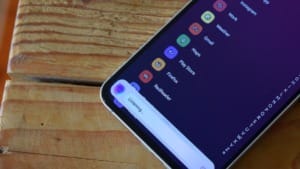vivo X300 Pro review: A flagship built for serious photography
A detailed look at the vivo X300 Pro’s camera system, design, battery life and everyday performance in real-world use.
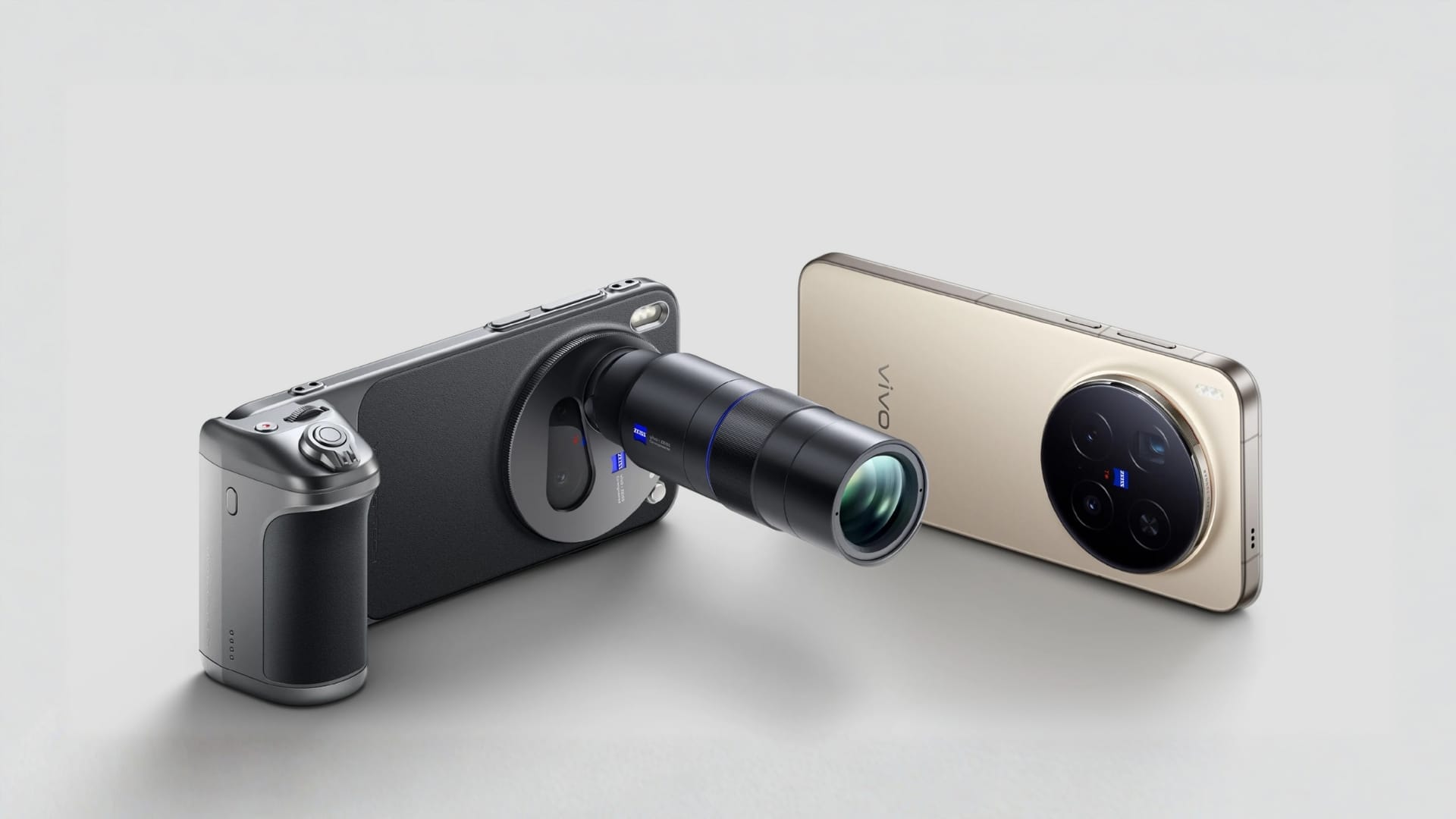
The vivo X300 Pro enters the flagship space with a clear purpose. It aims to deliver a photography-led experience supported by refined hardware, polished software, and long-term durability. vivo’s continued collaboration with Zeiss plays a significant role in this direction, bringing advanced optics and a strengthened telephoto system for users who want more than the usual smartphone photography experience.
Table Of Content
The X300 Pro launches at a time when high-end smartphones are primarily defined by their camera capabilities. Brands have pushed hard into sensor upgrades, zoom systems, stabilisation, and colour processing. vivo responds with a package that includes a large battery, a bright and adaptive display, and MediaTek’s latest chipset, positioning the X300 Pro as both a creative tool and an everyday device built for long-term use.
While the camera takes the spotlight, the phone also carries expectations in performance, battery life, and software fluidity. With 16 GB of LPDDR5X RAM, UFS 4.1 storage, advanced connectivity standards, and support for extended software updates, it is designed to serve demanding users comfortably over several years.
The X300 Pro, therefore, enters the market as a device for users who want strong imaging performance without compromising on reliability or longevity.
Design built around a large AMOLED display
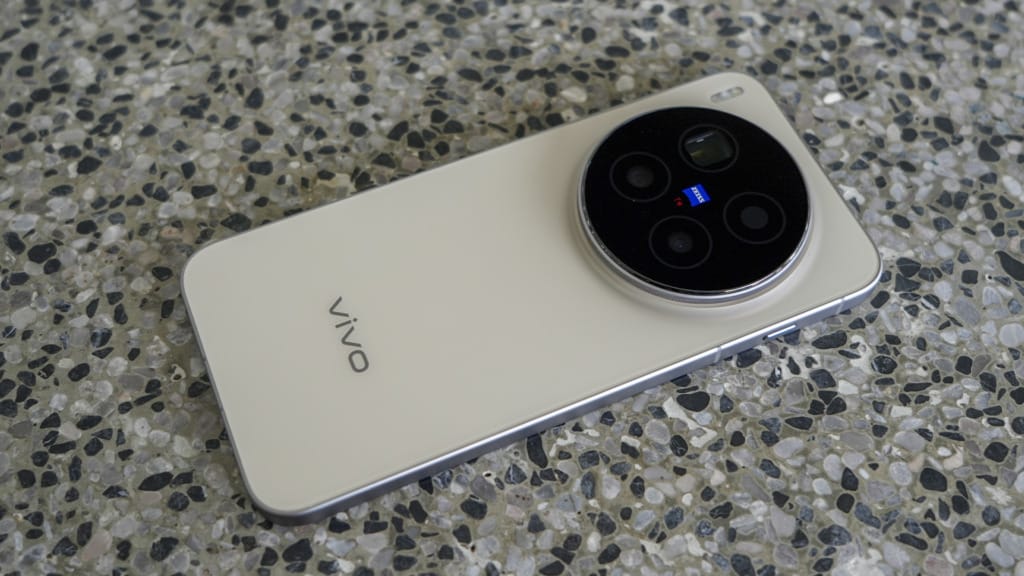
The X300 Pro features a premium, understated design. The Dune Brown colourway adds a warm, matte finish that feels distinctive without being overly eye-catching. Phantom Black remains a classic alternative for those who want something simpler. The glass back and solid frame combine to create a well-built device with a reassuring sense of durability. Despite housing a large camera module, the phone maintains good weight distribution and avoids feeling top-heavy.
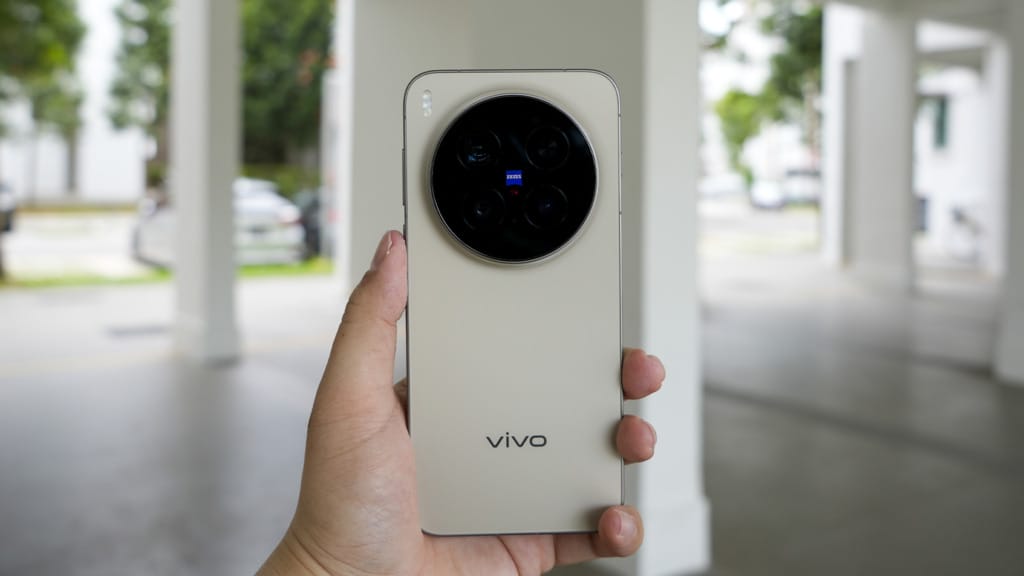
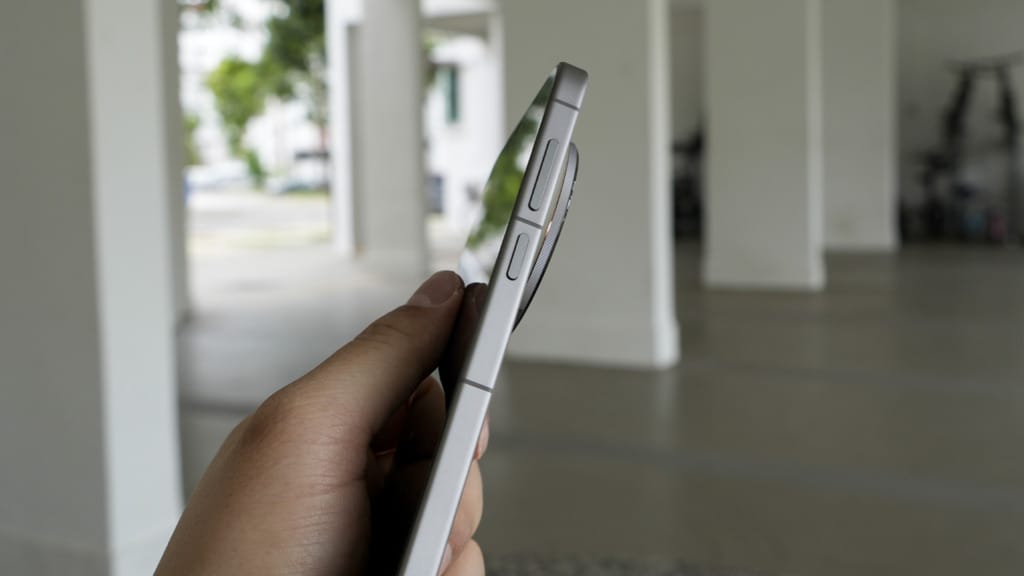
Its overall shape and camera layout bear some resemblance to the Xiaomi Ultra series. The circular camera housing, centred placement, and symmetrical rear design feel familiar to anyone who has handled a Xiaomi Ultra device. vivo’s approach, however, gives the module a softer, more blended profile, making it look integrated rather than abrupt. At 226 g, the phone feels substantial but remains comfortable to hold thanks to its slim profile.
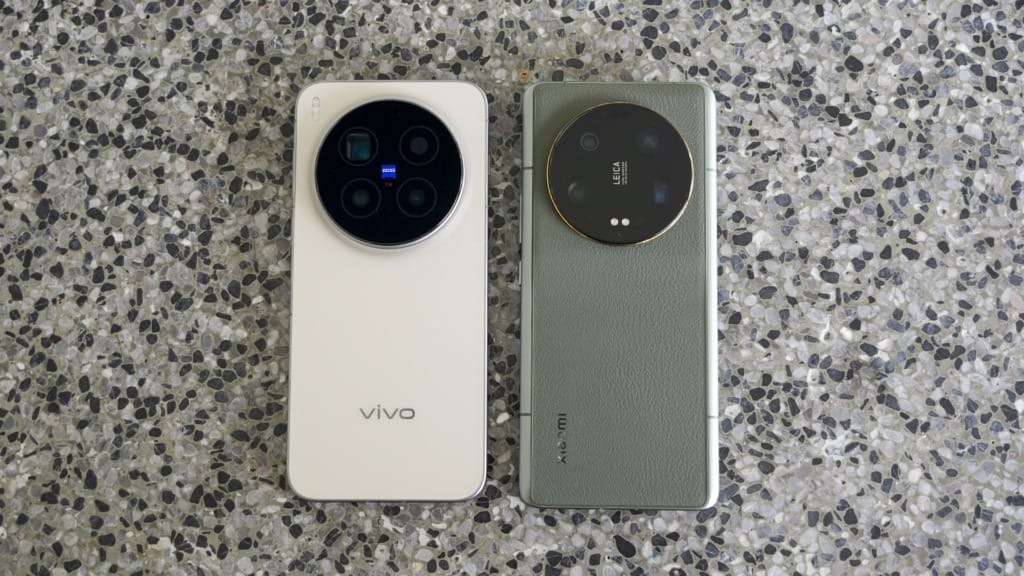
Durability is one of the X300 Pro’s stronger qualities. The phone carries both IP68 and IP69 ratings, protecting against submersion and exposure to high-pressure water. This level of resistance makes it suitable for harsher outdoor environments and heavy daily use, offering confidence that the phone can withstand more than the typical flagship.
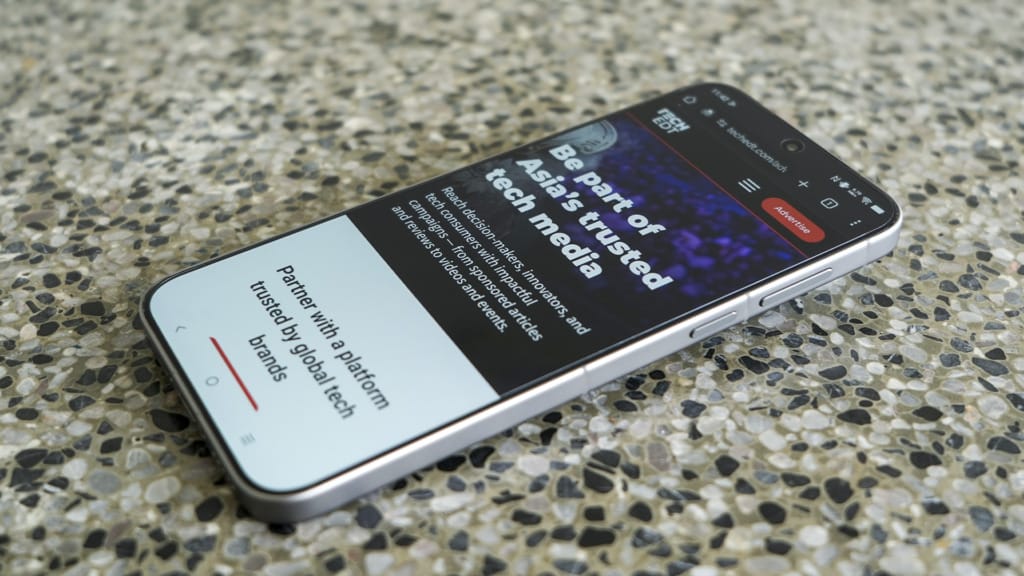
The front is dominated by a 6.78-inch AMOLED display. With a resolution of 2800 × 1260 and an adaptive refresh rate between 1 Hz and 120 Hz, the screen is sharp, fluid, and highly responsive. Brightness peaks at 4500 nits, making the device usable even in strong sunlight. Colours remain vivid yet controlled, and viewing angles are strong. The display strikes a balance between high performance and visual comfort across media consumption, gaming, and everyday navigation.
Camera system centred on a 200 MP telephoto lens
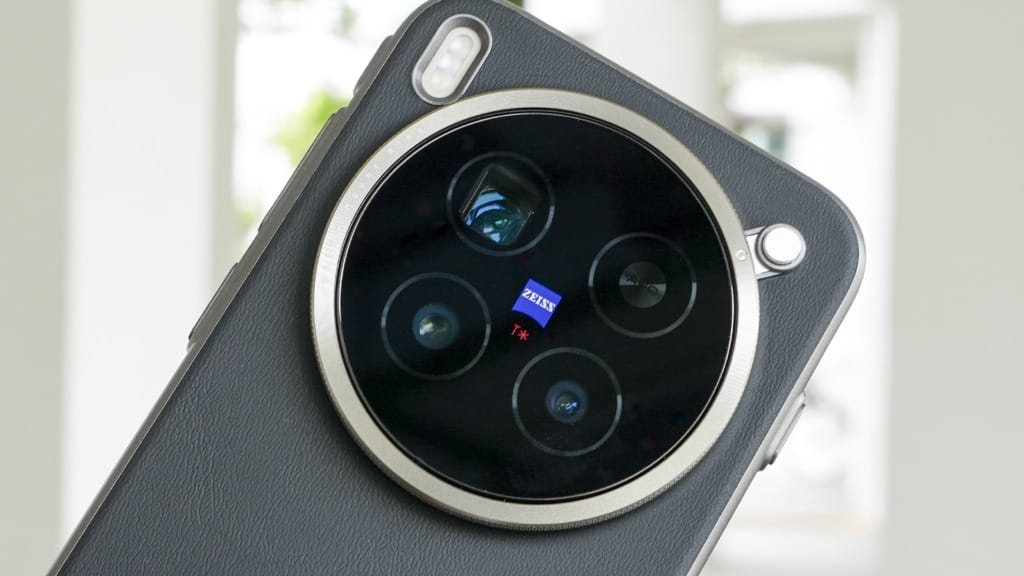
Real-world testing highlights the X300 Pro’s camera system’s best qualities. With a combination of a 50 MP main lens, a 50 MP ultra-wide lens, a 200 MP telephoto lens, and a 50 MP front camera, the phone captures consistent detail and colour across different focal lengths and shooting scenarios. The attached test photos show how the rear cameras handle close-up flowers, playground structures, wildlife, and distant subjects, while the front camera performs reliably for selfies, delivering clean colour tones and steady exposure in both outdoor and indoor lighting.
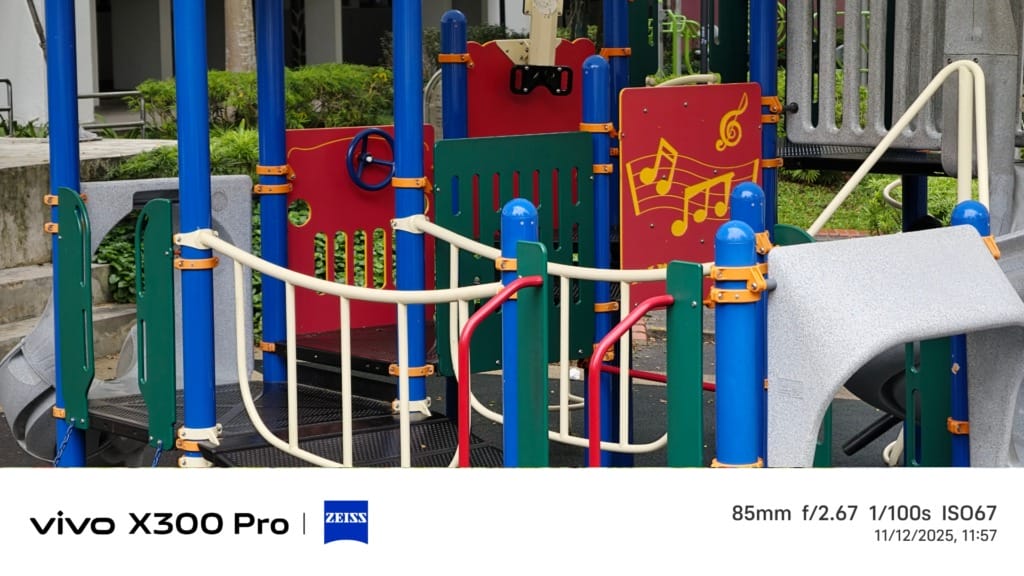
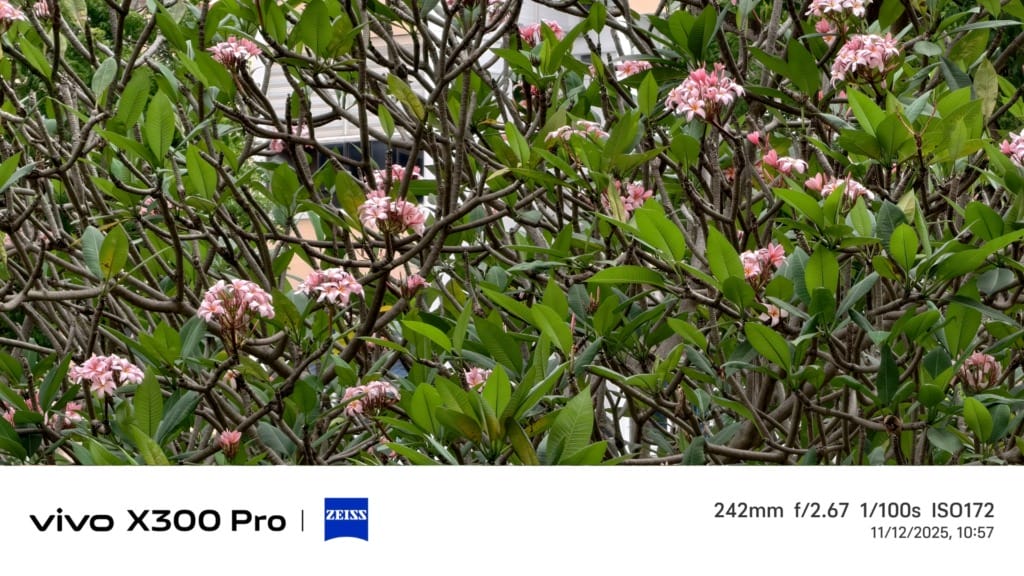
The telephoto system is where the X300 Pro impresses most. At medium zoom levels, details remain crisp and natural, whether capturing flowers, textured surfaces, or everyday scenes. The telephoto lens handles layers of detail well, avoiding the oversharpening that sometimes appears in other flagship systems. Subjects such as birds show clear feather definition and natural separation from the background.

A more demanding test involves a road sign roughly 35 to 50 metres away. The X300 Pro keeps the sign legible even at 100x digital zoom, and stabilisation is surprisingly effective. Smartphones often struggle with handshake and frame wobble at high zoom levels, yet the X300 Pro remains steady enough to take clear photos without multiple attempts. This level of stability makes long-range photography more practical than what many competing devices can achieve.
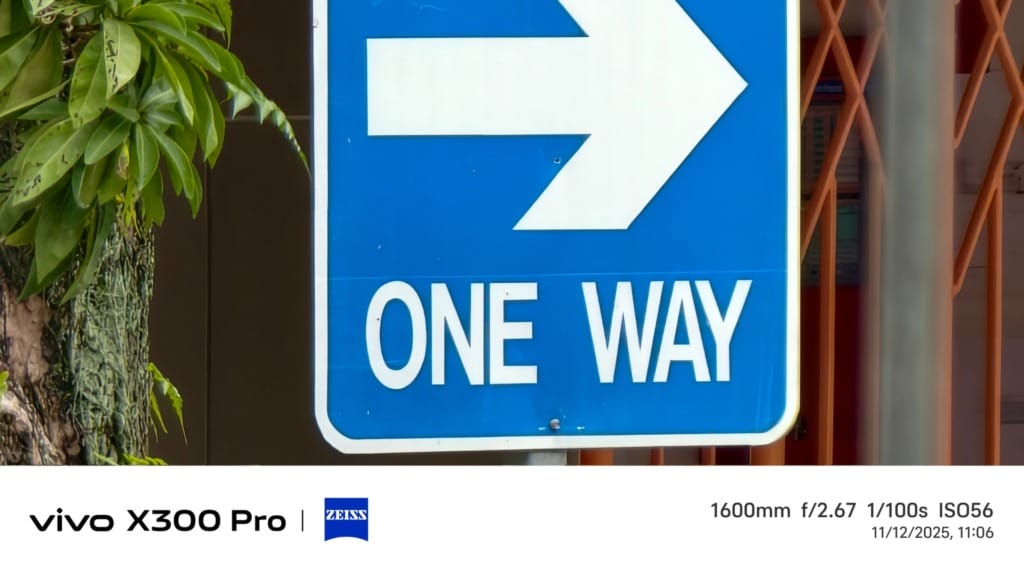

The signage test also highlights an interesting comparison between digital zoom and optical enhancement. Using the vivo ZEISS 2.35x Telephoto Extender Kit, the camera can resolve fine details, such as a small hole on the lower part of the sign. The same detail is not visible in the separate 100x digital zoom shot. The difference demonstrates the practical value of optical accessories, which preserve clarity that digital enlargement cannot match. For users who frequently shoot distant subjects, the extender kit becomes more than a novelty.


The main camera performs reliably as well. Colours appear balanced, textures remain clear, and brightness transitions are managed smoothly. The flower samples show strong detail retention without artificially boosting saturation. The comparison between a standard night photo and a 2-second Night mode exposure further shows how the camera benefits from longer exposures. Night mode lifts shadows, restores detail, and reduces noise, all while keeping the scene natural.
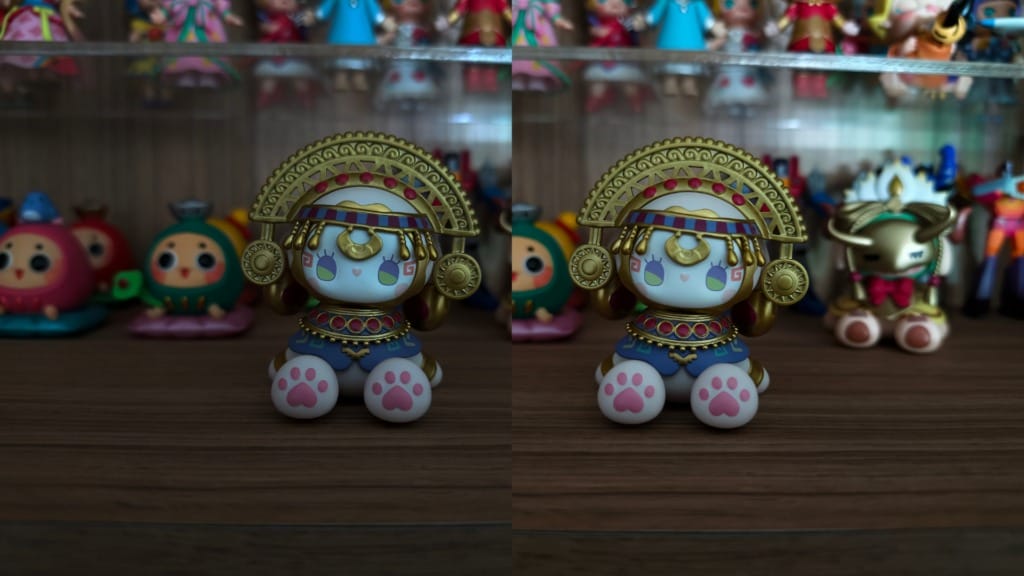
Portrait photography is equally dependable. The samples show smooth background separation, clean edge detection, and natural-looking tones. vivo’s portrait processing leans towards neutral colouring with strong detail, avoiding overly smoothed textures. This makes the portrait output look more realistic and closer to a traditional camera aesthetic.
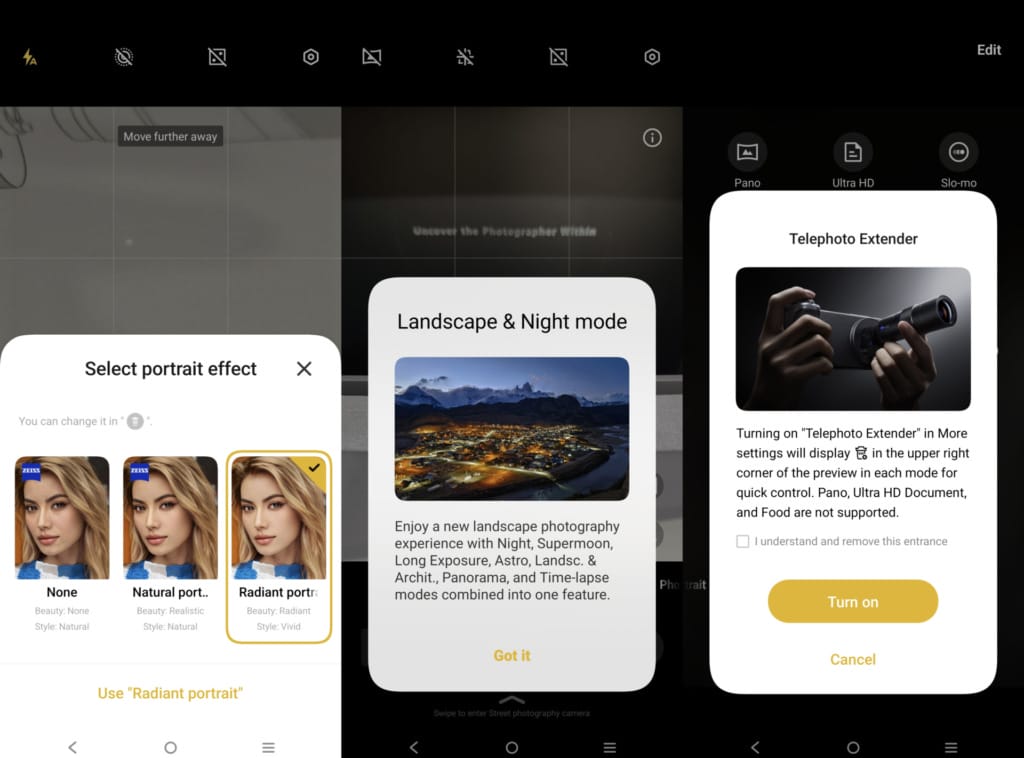

Given its camera philosophy, the X300 Pro naturally invites comparison with the OPPO Find X9 Pro. OPPO maintains a lead in colour accuracy, producing more pleasing and consistent tones across different lighting conditions. vivo’s colours are slightly flatter at times, especially in complex lighting. However, vivo holds an advantage in usability. The X300 Pro allows access to its telephoto lens across all shooting modes, including portrait and various creative settings, without forcing the user to switch modes. OPPO limits telephoto engagement in specific modes, which can interrupt workflow. In this regard, the vivo feels more intuitive and more flexible for users who frequently switch focal lengths.
Everyday performance powered by the Dimensity 9500
Powered by the Dimensity 9500 chipset and supported by 16 GB of LPDDR5X RAM, the X300 Pro performs smoothly across all tasks. The phone handles everyday use, multitasking, and gaming without difficulty. App switching is quick, animations are fluid, and demanding workloads do not cause noticeable slowdowns. The device also manages heat well, enabling longer gaming sessions or extended camera use without uncomfortable temperature rises.
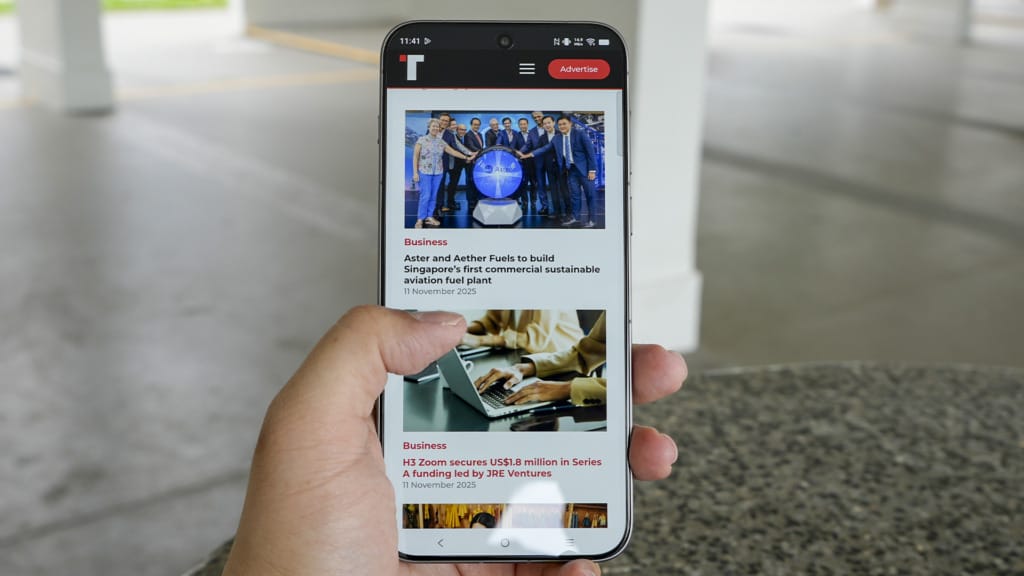
The LPDDR5X memory and UFS 4.1 storage contribute to faster load times and better background management. Files open quickly, and apps remain active without frequent reloads. Combined with the responsiveness of the display, the overall experience feels polished and consistent.
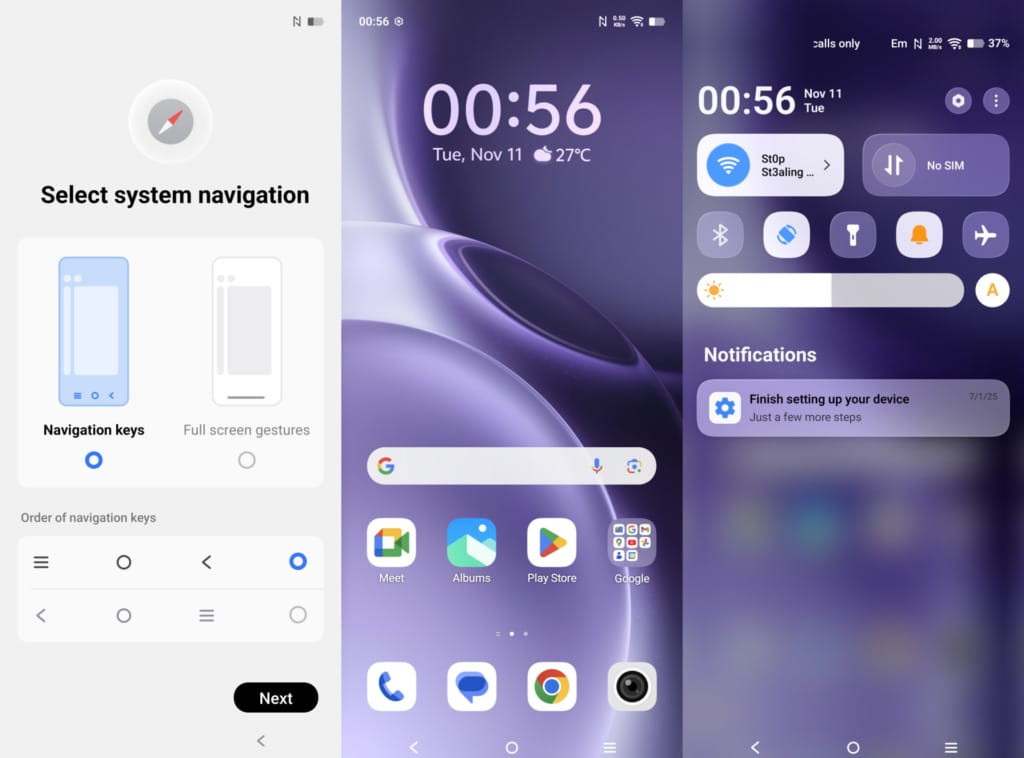
OriginOS 6 on Android 16 offers a clean and smooth user experience. vivo has refined the interface to feel more cohesive, with consistent visual elements across system apps and menus. Customisation options remain broad without becoming complex. Navigation feels light and responsive, and the system maintains stability even under extended use.
Long-term software support is one of the X300 Pro’s major strengths. With five years of OS updates and seven years of security maintenance, the phone matches or exceeds most Android competitors in longevity. This commitment positions it as a device capable of serving users for much longer than typical Android flagships.
Long battery life with 6510 mAh
Battery life is reliable thanks to the 6510 mAh single-cell battery. With regular daily use across browsing, messaging, social media, and moderate camera activity, the phone lasts through a full day without issue. More conservative use allows it to stretch even further. Power efficiency from the Dimensity 9500 chipset also contributes to longer usage times during lighter tasks.
Fast charging is handled by 90 W wired charging and 40 W wireless charging. Both deliver rapid top-ups that fit well into everyday routines. The phone effectively manages charging heat, helping maintain long-term battery health. Users who frequently travel or rely heavily on navigation and photography will appreciate the speed and consistency of the charging system.
Connectivity is comprehensive, covering Wi-Fi 6, Wi-Fi 7, Bluetooth 6.0, NFC with full payment support, USB 3.2 Gen 1, and dual 5G standby. eSIM support adds flexibility for users with multiple lines or international travel needs. Network stability remains strong across different environments, and handovers between network bands are smooth.
Location accuracy is enhanced by support for multiple satellite systems, including GPS, BeiDou, Galileo, GLONASS, QZSS, and NavIC. Additional sensors, such as the infrared blaster, Hall sensor, and colour temperature sensors, improve daily use across tasks like remote control, accessories, and adaptive display adjustments.
Accessories designed to extend telephoto reach and handling
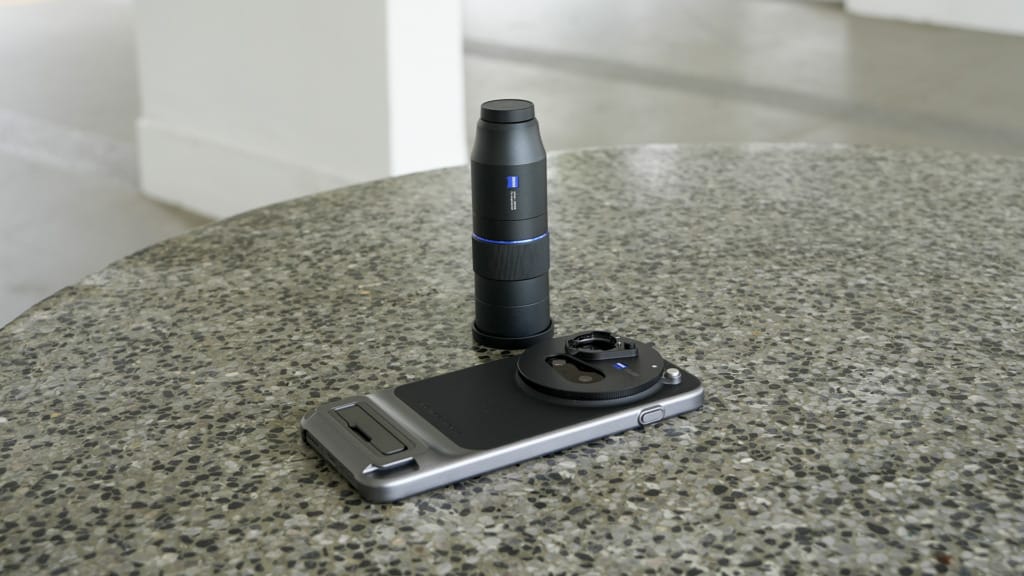
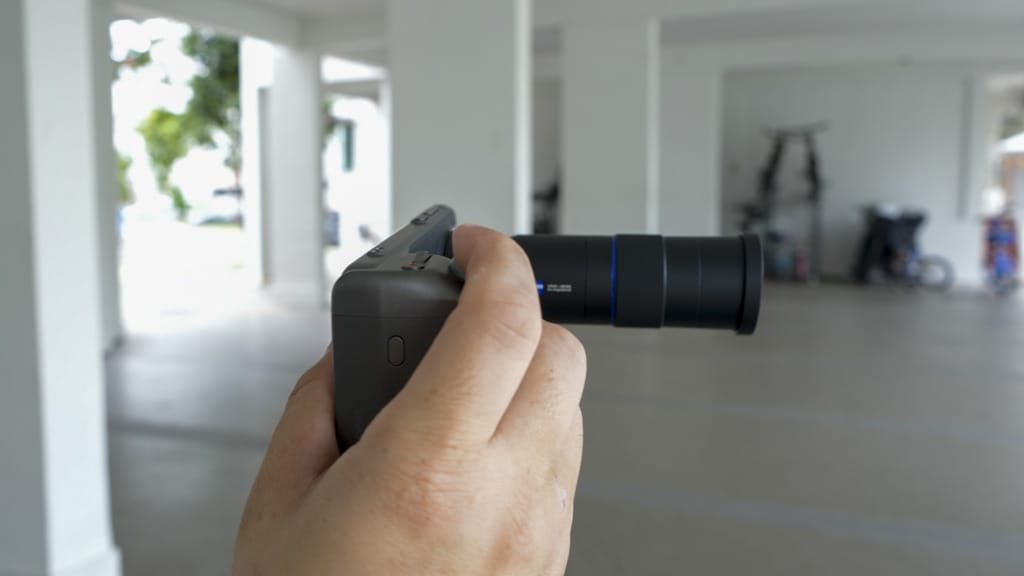
The vivo ZEISS 2.35x Telephoto Extender Kit gives the X300 Pro additional optical reach by attaching directly over the telephoto lens. It uses a large-aperture design and a Kepler optical structure, which helps preserve detail at longer distances. Because it works across different modes, users can switch between shooting styles without changing their workflow. Its classic ZEISS design also matches the phone’s existing colour and hardware aesthetics.
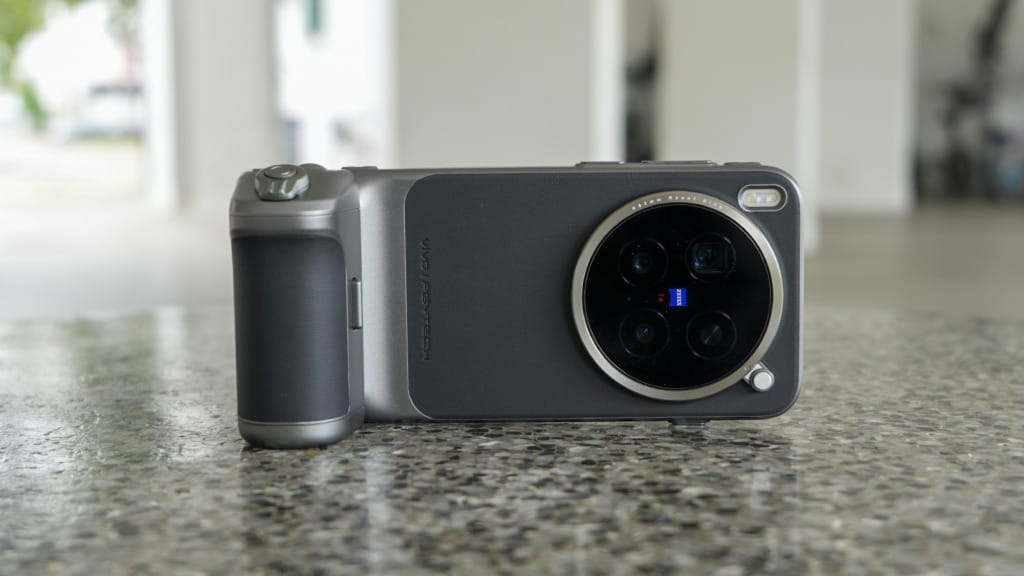
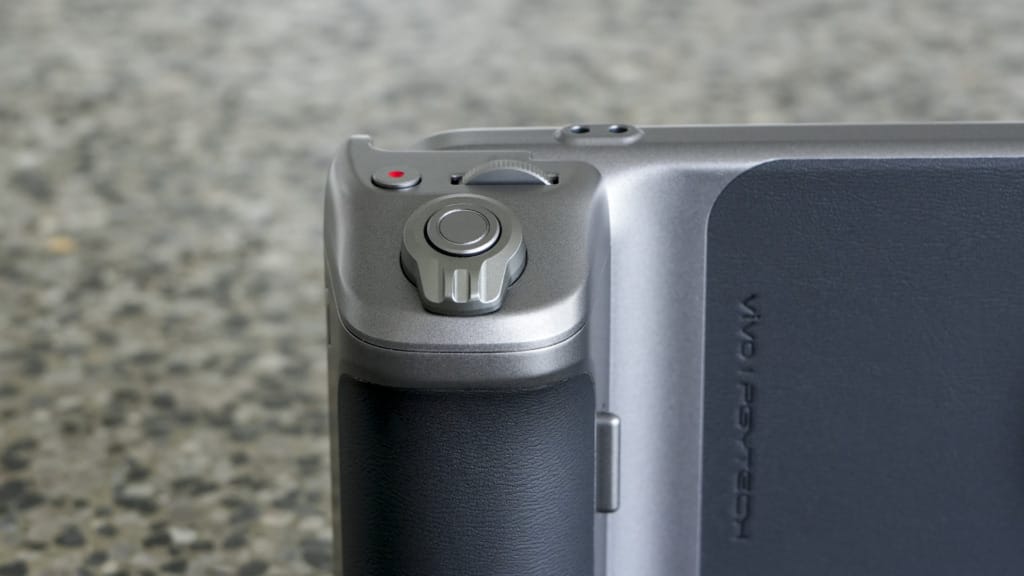
vivo also offers a Professional Imaging Grip Kit for users who prefer a more stable and camera-like handling experience. It connects through the Type-C port and adds a retro-style grip that improves comfort during extended shooting. The kit is designed to give photographers a more deliberate and personalised setup while maintaining easy installation and portability. Both accessories are sold separately.
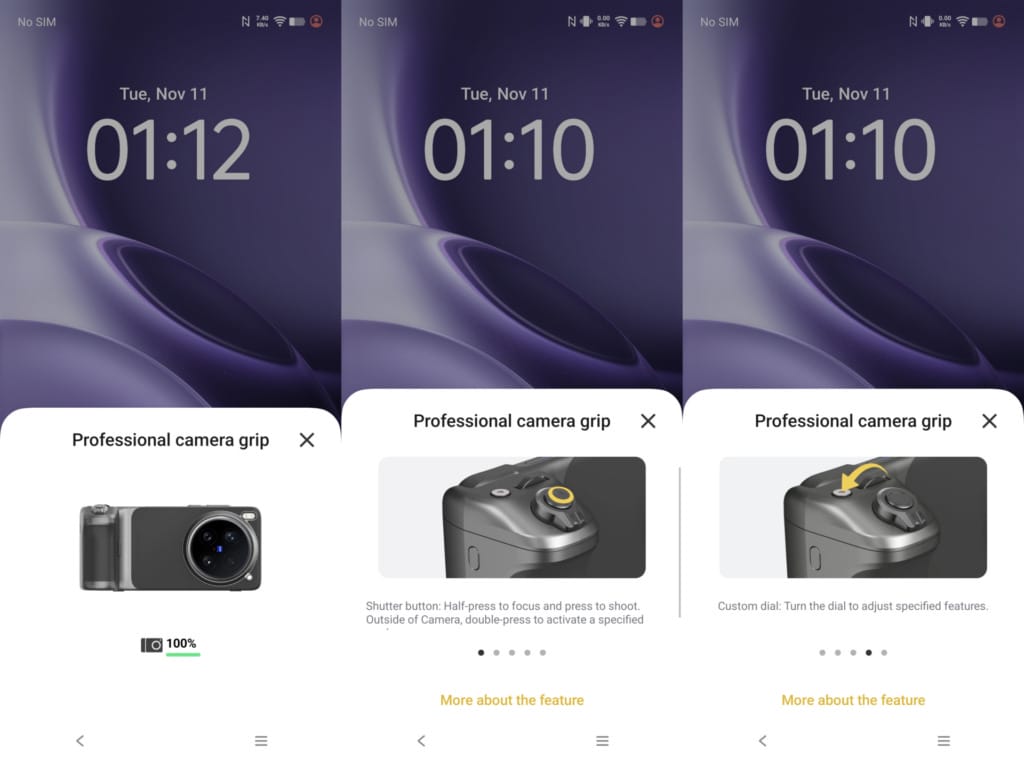
The verdict: vivo X300 Pro
The vivo X300 Pro positions itself as a flagship for users who value strong imaging performance, long-range clarity, and dependable stability. The telephoto system stands out through its ability to remain steady at extreme zoom levels and its compatibility with an optical extender that genuinely improves detail capture. While its colour reproduction does not match the accuracy found on the OPPO Find X series, its overall usability and flexibility make the camera system more intuitive for everyday creative shooting.
The design draws inspiration from Xiaomi’s Ultra series, giving the phone a familiar but refined aesthetic. Performance is fast, battery life is reliable, and long-term software support strengthens its appeal as a flagship meant to last several years. In many ways, the X300 Pro blends the best qualities of Xiaomi’s Ultra line and OPPO’s Find X series into vivo’s own interpretation.
Overall, the vivo X300 Pro delivers a balanced flagship experience built around imaging versatility, strong performance, extended durability, and future-ready support. For users who want a premium smartphone centred on camera performance without sacrificing everyday practicality, it stands as one of vivo’s strongest offerings to date.












